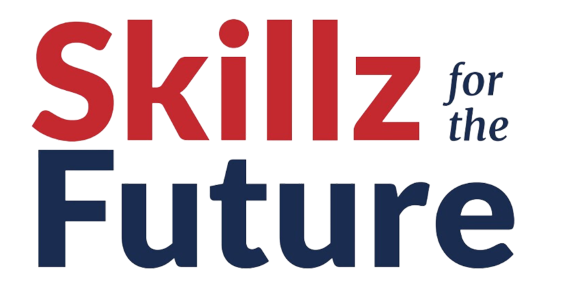Human Resources (HR), professionals find themselves grappling with unprecedented challenges due to ever changing HR landscape. The key is not merely to keep pace but to proactively navigate through these hurdles. So, what are the major challenges facing HR professionals today, and how can they be effectively addressed?
Adapting to the Evolution of Workforce Dynamics
The traditional methods of hiring and engaging with candidates no longer suffice in today’s rapidly changing workforce. The rise of remote work, accelerated by the onset of the COVID-19 pandemic, has altered the HR landscape significantly. As more professionals prefer remote work, HR professionals need to recalibrate their strategies.
Embracing virtual collaboration becomes paramount in this era of remote work. HR professionals must leverage technology to connect with potential candidates and existing employees virtually.
This shift necessitates a reevaluation of traditional hiring practices to attract and retain top talent in this new normal.
Dealing with Escalating Competition
The digital age has ushered in intense competition in the business realm. The low barrier to entry in the online world allows anyone with an idea and financial resources to start a business. HR teams must acknowledge the heightened competition and strategically address talent needs to stay ahead.
Categorising HR teams into anticipators, reactors, and partners, it becomes evident that anticipators, who predict future talent gaps aligned with business goals, are the most effective. However, a mere 10% of organisations fall into this category. HR professionals must strive to adopt an anticipatory role to ensure sustained competitiveness.
Leveraging Performance Reviews:
Performance reviews remain an invaluable tool for evaluating employee performance, identifying skill gaps, and fostering professional growth. HR teams should utilise modern HR software to streamline the review process, create templates, and establish timelines. Platforms like Leapsome, Trakstar, and Synergita offer personalised performance insights, enabling HR professionals to make informed decisions for team development and hiring plans.
Continuous Up-skilling and Re-skilling
The rapid pace of technological advancements demands a commitment to continuous training. Re-skilling, focusing on training employees in their current roles, and up-skilling, preparing them for career progression, are critical aspects of HR. Modern methods that enhance transparency, flexibility, and communication should replace outdated training approaches.
HR teams must see up-skilling not merely as a challenge but as an opportunity to empower employees and strengthen the organisation’s skill set. This approach ensures that employees stay relevant in their roles while contributing to the company’s overall growth.
Prioritising Employee Well-being
Employee well-being is no longer a fringe benefit but an essential HR practice.The holistic well-being of employees, encompassing emotional, social, financial, and job-related factors, has gained prominence, especially in the wake of the ongoing pandemic.
Leading companies, like HP, exemplify the shift by implementing well-being programs that extend beyond traditional benefits. HR managers must recognise the ongoing significance of employee well-being, adapting benefits to support employees’ personal and professional lives comprehensively.
Navigating Leadership Challenges
The leadership landscape has witnessed significant shifts, with over 47 million people quitting their jobs in 2021. Factors such as retirement, reevaluation, relocation, and resistance to a return to the office have contributed to workforce shortages. HR professionals need to recognise the pivotal role of leadership in retaining talent.
Effective leadership involves strategic delegation, virtual leadership skills for remote teams, and a focus on retaining leaders internally. Acknowledging the higher turnover rate for externally hired leaders, HR teams can overcome challenges by utilising assessments, reviewing development plans, and providing learning tools.
Embracing Flexibility and Transparency
In a world where uncertainties prevail, HR professionals must embrace flexibility and transparency. The seismic shift caused by
the pandemic underscored the need for adaptable approaches. HR teams that proactively adjust to new challenges and foster transparent communication are better equipped to lead their teams through uncertainties.
As we navigate the era of the “great resignation” and acknowledge the permanence of remote work, the ability to adapt becomes non negotiable. By prioritising the well-being of employees, investing in
continuous learning, and embracing innovative HR practices, organisations can not only overcome current challenges but also pave the way for sustained growth. After all, success in HR is a collective journey, and together, we can thrive in this ever-changing landscape.
